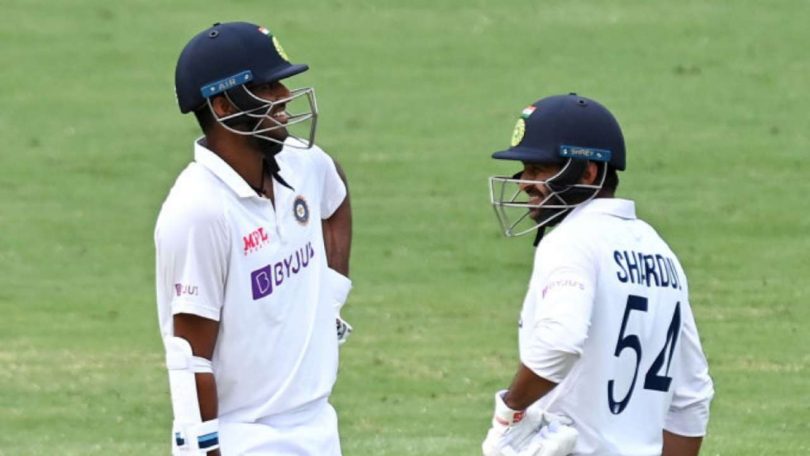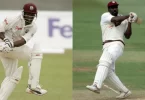India had several youngsters in their line-up when they took on the field in the fourth and final Test at The Gabba, Brisbane with the series levelled at 1-1 versus Australia. Due to injuries to their key players, Ajinkya Rahane & Co. fielded several debutants in Washington Sundar, T Natarajan as well as inexperienced all-rounder Shardul Thakur.
While all the newcomers and inexperienced players stood tall, Washington Sundar — who filled in for R Ashwin — had a memorable Test debut to return with 84 runs (including a fine 62 in the first essay) and accounted for 4 key wickets in the match as India stunned Australia at their fortress, by 3 wickets, to win the series 2-1.
After the match, Indian players did a victory lap with youngsters leading the group, by holding the Indian flag in turns. Recalling the epic moment, Sundar told, “When Rishabh Pant hit the winning four it was just the best feeling of my life: and when I was walking with the Indian flag at the Gabba it is a feeling I can’t express in words,” said Sundar in a chat with Sports Today.
As the Indian players returned home after a very lengthy tour of Australia, they are now enjoying their time at home before they enter a new bio-bubble environment for the upcoming England Test series, from February 05. Sharing about his time at home, Sundar said, “I had chicken biriyani two days back and my mother is pampering me a lot. But in a couple of days I am so much looking to join the team again and get ready for the England series,” he added.
Before signing off, Sundar was all praise for the manner in which head coach Ravi Shastri and stand-in captain Ajinkya Rahane stood tall in crisis amid Virat Kohli’s paternity leave. “Ravi bhai has always given us confidence and the way Ajinkya captained was superb. Rohit has always helped us all the youngsters and the dressing room was fantastic, all of us were allowed to express ourselves,” concluded Sundar.







